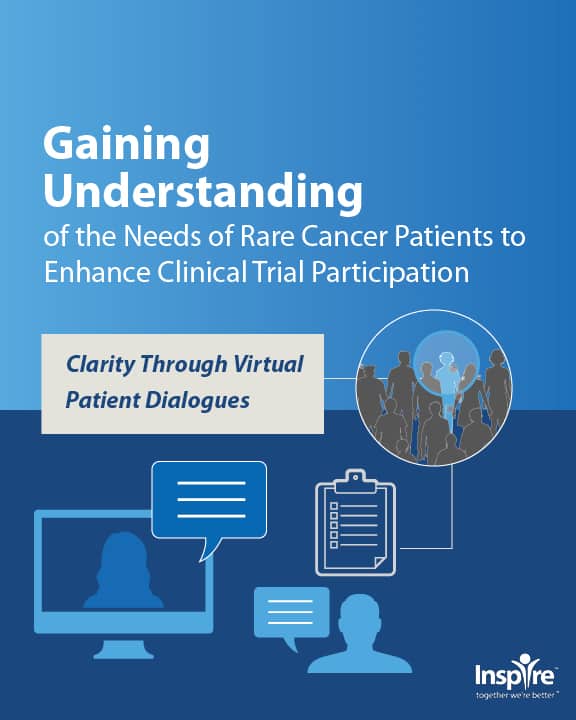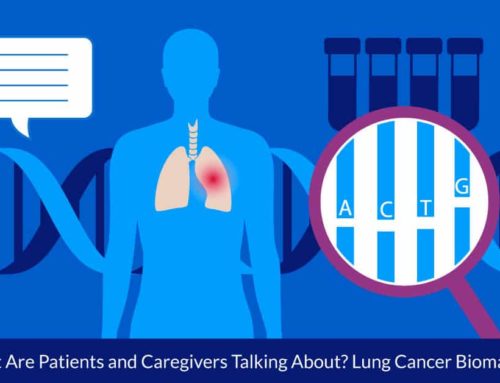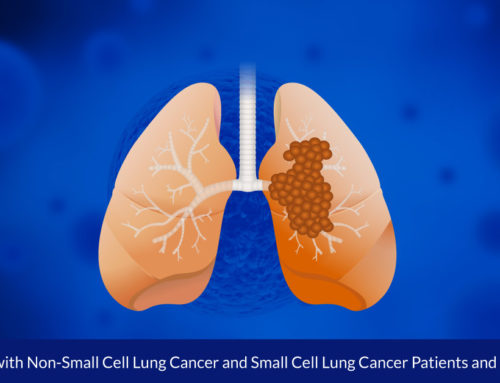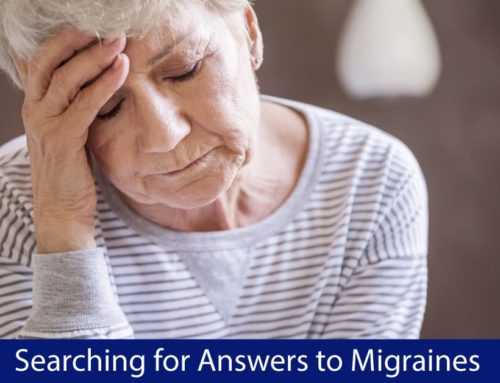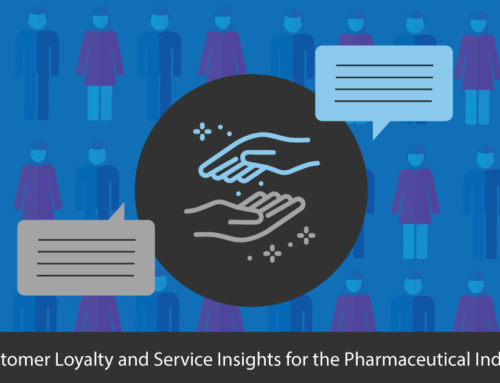Virtual Patient Engagement: Inspire and the NIH Clinical Center
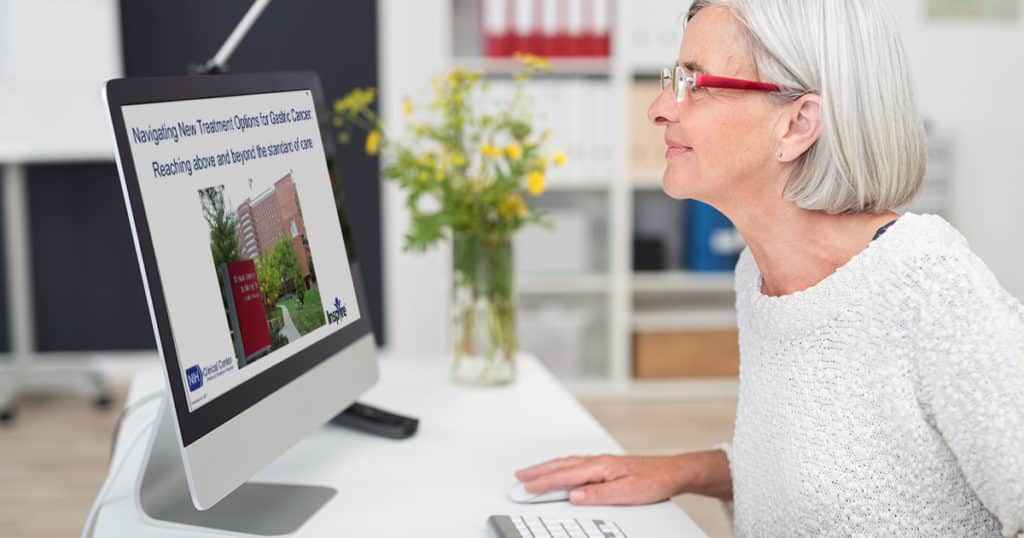
Engagement with patients and caregivers is at the heart of Inspire’s community of cancer, chronic, and rare disease support groups. While there are many ways Inspire can help the industry engage with a targeted patient population, virtual patient engagement and authoritative expert content are central to that engagement. For example, we recently conducted five webinars and started a new discussion post series called “Ask the Expert.”
During these webinars and through the question-answer format of the “Ask the Expert” series, Inspire educates and engages members, but also gains an understanding of patient and caregiver needs. To illustrate, here is a description of a recent webinar held for patients with gastric cancers and their caregivers, including specific questions raised by patient and caregiver audience.
David Fogle, a 41 year old entrepreneur and musician, was born with a mutation to his CDH1 gene, a hereditary mutation that significantly increases his risk for gastric (stomach) cancer.
“Around this time last year, a distant cousin in San Diego who happens to be a gastroenterologist, was studying the family tree and, in particular, this mutation. He found my dad and said, ‘hey, we can’t be certain because it was 15 years ago but we think your sister, my aunt, [she died at age 56] had the CDH1 gene mutation, and you all should probably get tested to see if you have it as well.’ So my sister, myself, and my cousin went to get tested… I honestly didn’t think too deeply about the tests. But the results came back, and amongst the three of us, I drew the short straw.”
Thus began an odyssey that resulted in the removal of Fogle’s stomach, a total gastrectomy.
“[My] biggest shock was learning that I didn’t need a stomach to live a rather normal life. I thought I was going to get a sheep stomach or a pig stomach or something like that. When they said, ‘No, you’re just gonna live without a stomach and there’s no replacement,’ I was honestly shocked that that was even possible,” Fogle said.
On November, 21, 2017, Fogle joined Inspire and faculty from the National Institutes of Health (NIH) Clinical Center in a webinar titled “Navigating New Treatment Options for Gastric Cancer: Reaching above and beyond the standard of care.”
The non-profit organizations Debbie’s Dream Foundation: Curing Stomach Cancer – Inspire’s community partner – and No Stomach for Cancer supported this webinar. John Novack, Director of Communications at Inspire, moderated the event, fielding medical decision-making questions from the live audience.
The NIH Clinical Center
The NIH Clinical Center (NIHCC) is a state of the art facility and “the world’s largest hospital exclusively for clinical investigation,” said Dr. Theo Heller, Section Chief of the Translational Hepatology Section in the Liver Diseases Branch of the NIH’s National Institute of Diabetes and Digestive and Kidney Diseases (NIDDK). “There are over 1,600 clinical studies in progress right now. Half of them are natural history studies of rare diseases which are not studied anywhere else, and half are phase I and II — early therapies before they get up through the FDA — which are being developed here.”
Although a research institution, the NIHCC’s focus is on patients. “We focus on innovative experimental treatments. There is no cost to any of the participants. But I think…the thing that is most important to all of us — is that we provide state-of-the-art hospital care — that patient care is the single most important thing to us. It doesn’t matter what the study demands or what the study wants, the patient has to come first,” Heller said.
Educational programs like this increase awareness of the latest clinical trial studies and also educate patient and caregiver members on what it means to be involved in a clinical trial. Having access to and communicating with front-line researchers can normalize the experience of clinical trial participation, reducing fear and bringing down barriers to participation. For sponsors, CROs and academic research centers, webinars are among the engagement strategies available through Inspire Recruit, a recently launched product offering built to accelerate clinical trial recruitment.
Gastric Cancer
In the US, around 28,000 people are diagnosed with gastric cancer every year. As with other rare cancers, diagnosis often occurs at a later stage. Stomach cancer diagnosis is made even more difficult by the non-specific symptoms people experience. Decreased appetite, bloating or abdominal pain, even heartburn or indigestion are indicative of any number of diseases.
Traditional treatment for stomach cancer involves surgery, combined with chemotherapy and possibly radiation treatment. The interdisciplinary NIHCC team involved in care for patients with stomach cancer is the Clinical Center Foregut Team.
“We brought together people and specialties who have interests and obsessions in these fields… [including] operating room nurses, research nurses, radiation oncologists, pathologists, pain and palliative care, nutrition experts, as well as the expected specialties like surgery, gastroenterology, oncology…” said Heller. “By creating an integrated multidisciplinary team, where we trust each other and… have enough of a relationship to criticize each other, we found that this really allows for a seamless cooperation and an integrated approach to cancer treatment that provides the highest quality care to patients through diagnosis, treatment and follow-up. And that is really our priority.“
Fogle’s experience at NIHCC matches Heller’s descriptions of the team approach there.
“Working with Dr. Davis and his team was comfortable, reassuring. I met twice with Dr. Davis and his team. We talked on the phone a couple times, and him and his team, they were always very accessible, responding to emails in 30 minutes or 45 minutes. It made me feel special, which was nice. It was a very different experience than what I had when I started going down this path with other hospitals and medical teams.”
Research on new treatments, specifically precision medicines and immunotherapies, is part of this team’s work. said Dr. Jeremy Davis, a member of the Surgical Oncology Section of the Thoracic and Gastrointestinal Oncology Branch at the National Cancer Institute (NCI).
“In recent years, people have suggested that there may… be four or five distinct subtypes of stomach cancers. And what that means is that on the level of DNA of the tumor, these tumors look different and behave very differently, and therefore, are likely to respond to different treatments,” Davis said. One precision medication approved for stomach cancers that express HER2 is trastuzumab or Herceptin. But “with only 20 to 25 percent of stomach cancers expressing this protein, it means that we have a long way to go in identifying unique targets on patient’s individual tumors.”
Immunotherapy, is another direction to take in research and treatment. The FDA recently approved pembrolizumab to treat microsatellite unstable tumors, a phenotype with a 20% chance of appearing in stomach cancers.
“That’s a great advancement for patients with stomach cancer,” Davis said.
Davis specified two challenges to stomach cancer treatment: early identification, especially of high risk patients, and utilizing genetic test results.
“If we can do a better job of identifying patients at early stage or at high-risk, we can improve our treatment,” Davis said.
This would include people who inherit gene mutations that increase their risk of stomach cancer, like Fogel. Other risk factors are environmental such as H. pylori bacterial infections.
As far as utilizing genetic test results,many patients have probably heard about genetic testing on their tumor to identify these targets that I talked about and apply what we know about precision medicine,” Davis said. “But the truth is, right now, so many of those genetic tests that are being performed go without being put to good use for patients. And we need to share that data and learn from that data as a community.”
Questions from patients and caregivers
Patients and caregivers participating in the webinar had many questions for Dr. Heller and Dr. Davis related to medical decision making. For example:
- At the point of diagnosis of gastric cancer, what should patients and caregivers be doing?
- Isn’t radiotherapy dangerous for abdominal cancers because there are organs that can get the damaged?
- Once irritated scar tissue in your stomach is verified from a biopsy, does that make someone more susceptible to stomach cancer?
- How effective is HIPEC (Heated Intraperitoneal Chemotherapy)
for those who may be unfamiliar with that — in minimizing peritoneal recurrence, and can it be used before surgery to minimize or eliminate undetected cancer cells?
- Do you have to see a specific doctor for genetic testing, or could it just be your primary care doctor?
- Is the NIH collaborating with other centers of excellence such as MSK and MD Anderson?
Fogel, as a patient, answered audience questions about his treatment process.
- Did you go directly to the NIH doctors or did you get a referral?
- Are you on any prescribed or over-the-counter medications that you can share the information about?
- Have you experienced reflux post-surgery?
- What are you eating or drinking for breakfast, lunch and dinner?
In answer to the question about his diet, Fogel, who was six weeks post-surgery, showed a picture of his Thanksgiving dinner.
“So this is my actual Thanksgiving dinner,” he said. “Not bad, right? I mean, that’s a pretty full plate of food. And that’s me stuffed like everybody and thankful after it. They say after surgery most people lose at least 10% of their weight, some upwards of 20%. I’m in the 10% group now. My current diet day typically consists of two scrambled eggs in the morning, a couple cheese or peanut butter crackers sandwich thingies, shepherd’s pie or chicken pot pie for lunch, a protein shake, and then a bit of salmon or chicken for dinner, and maybe some natural peanut butter and apples for dessert.”
To view the recorded version of the entire webinar Navigating New Treatment Options for Gastric Cancer: Reaching above and beyond the standard of care, click on the link. If you are interested in learning how Inspire can support your patient education or engagement programs, contact us here.
Inspire offers a trusted community to patients and caregivers. Our goal with this blog, this website and our content is to provide the life science industry access to the true, authentic patient voice. In so doing, we support faithful operationalization of patient-centricity. Take a look at our case studies, eBooks and news outlet coverage.
Reference:
1https://ghr.nlm.nih.gov/condition/idiopathic-pulmonary-fibrosis#statistics
2http://www.atsjournals.org/doi/full/10.1164/rccm.201006-0894CI
3http://pulmonaryfibrosis.org/life-with-pf/pulmonary-fibrosis-treatment-options
4http://www.pfdoc.org/2013/10/the-internet-said-i-have-3-years-to-live.html

